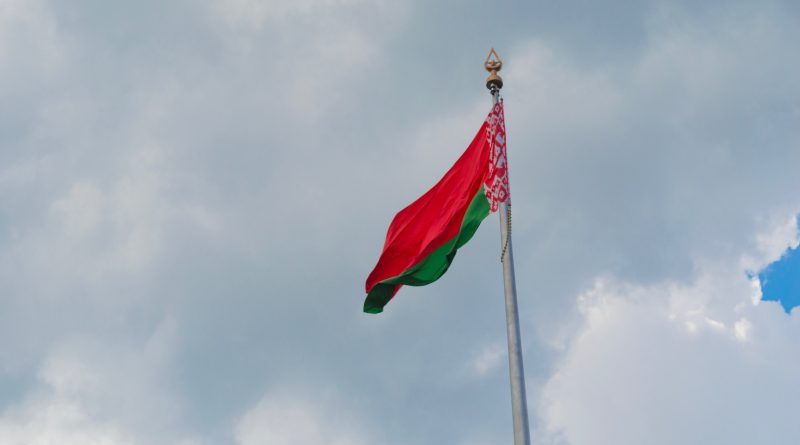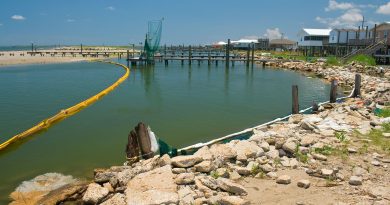Belarus Accused of Inciting Border Crisis
Alejandro Ramirez
Staff Writer
Belarus has come under fire from the European community for what is seen as an orchestrated attempt to destabilize Poland and Lithuania and pressure the EU to relax sanctions on President Aleksandr Lukashenko’s regime in Belarus. These tensions stem from an ongoing border crisis, in which migrants are being systematically pressured, in part by Belarusian officials, to enter Europe through Belarus’s border with Poland and Lithuania. According to BBC News, videos of migrants and Belarusian soldiers hacking at barbed wire fences and using tree limbs as battering rams have spread in western media outlets, drawing attention and criticism from members of the international community regarding Lukashenko’s apparent weaponization of a humanitarian crisis. Meanwhile, Poland has been reinforcing their border with barbed wire fencing to slow the flow of migrants.
Tensions on the border have only grown more hostile, according to Reuters, with clashes between Belarusian soldiers, migrants, and Polish soldiers deployed at the border area worsening each day. Deutsche Welle reports that at least 3,000 migrants are currently waiting at the border area near Kuznica, where extreme cold and lack of food are making the situation ever more dire.
In response to the crisis, Turkey has blocked Syrian, Iraqi, and Yemeni passport-holders from travelling by air to Belarus to limit the number of people flooding toward the border. Flight is the most common method of passage to Belarus, after which migrants typically will pay for transportation to the border and attempt to cross into Western Europe. Reuters reports that travel agencies in the Middle East, working in tandem with Belarusian consulates to secure visas for migrants, have been instrumental in the large influx of migrants arriving in Minsk since spring of this year. President Ursula von der Leyen of the European Commission called for an end to the “cynical instrumentalization” of migrant flows towards western Europe in an official press statement. Reuters explains that the European Union has gone so far as to characterize the move as a “hybrid attack” against the union, an allusion to the loose concept of “hybrid war” attributed to Russia and other foreign adversaries in recent years.
The European Union has responded by planning new sanctions against Belarusian officials, which are intended to target those who the EU views as being responsible for orchestrating the influx of migrants to the border area, according to Reuters. Experts believe that Lukashenko’s regime is concentrating the migrant flows onto the borders in an effort to pressure the EU to remove sanctions that have plagued the regime for the past year, BBC News explains.
Lukashenko’s re-election in 2020 was widely seen as illegitimate, and the regime’s subsequent crackdown on protests and dissent elicited condemnation across the international community, leading to the ongoing sanctions. While Russia has largely expressed tacit support of Belarus’ government, The New York Times reports that Belarus’ threats of cutting of gas supplies as a further measure toward Europe were met with stern condemnation by Putin, who experts agree will not want to see this issue morph into a crisis out of his control.
Belarus has responded to criticism by consistently defending their actions and attempting to deflect the blame to Poland. According to Deutsche Welle, Belarusian officials are accusing Poland of instigating the crisis by using tear gas and showing “indifference and inhumane attitude[s]” towards the migrants. Belarus believes that Poland should admit the migrants and allow their asylum applications to commence instead of turning them away at the border outright, but Polish officials, aware of the political rationale of Belarus spurring the influx, have stood firm in their policies. The risk of hostilities breaking out between Polish and Belarusian troops is a major cause for concern for both sides. Poland’s border is, in effect, the external order of both the EU and NATO and, as such, maintaining peaceful security is paramount.


